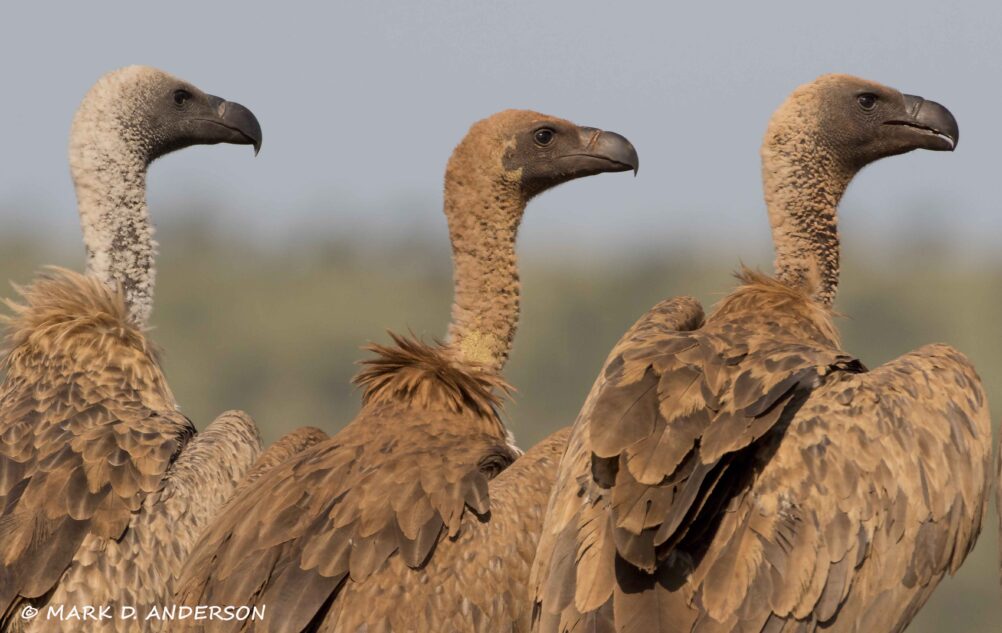By Chipo Gudhe
Vultures may often be viewed with disdain, but a new study by BirdLife International has revealed that these keystone scavengers provide ecosystem services valued at over US$141 million per year to Zimbabwe’s economy — a figure that has sparked urgent calls for greater conservation efforts.
Speaking at a recent stakeholder engagement meeting in Kwekwe, BirdLife Zimbabwe’s Extinction Programme Manager, Leeroy Gerald Moyo, highlighted the often-overlooked role vultures play in supporting public health, agriculture, tourism, and biodiversity.
“Zimbabwe derives over US$140 million annually from services provided by vultures. These include carcass disposal, pest control, and their cultural and tourism value. Yet these birds remain one of the most threatened groups of species in the region,” Moyo said.
Moyo said an economic valuation was conducted between February 2023 and August 2024 across three countries — Zimbabwe, Zambia, and Botswana — using the Total Economic Value (TEV) methodology. Zimbabwe emerged as the highest beneficiary among the three, with Zambia at US$92.6m and Botswana at US$18.16m, contributing to a combined US$251.83m per year in ecosystem services.
When extrapolated to Southern Africa as a whole, the annual economic contribution of vultures is estimated at a staggering US$1,8b.
Moyo said failure to protect vultures could come at a significant cost. The study estimates that if no conservation efforts are implemented, Zimbabwe alone could suffer a welfare loss of over US$47 million annually, while gains from proactive conservation policies could bring in US$30 million per year.
BirdLife Zimbabwe is urging government departments, environmental agencies, and the private sector to use this data to justify and prioritise funding for vulture conservation initiatives.
“Policy makers must now realise vultures are an economic asset, not just a biodiversity concern. Protecting them is not only a moral obligation but a strategic economic decision,” said Moyo.
Moyo said vultures are critical to maintaining ecosystem balance. Their primary role in disposing of animal carcasses helps control the spread of diseases like anthrax and rabies. The report attributes US$93 million per year to sanitation and pest control services across the three countries studied — benefits that extend to both livestock and wild animal health.
“There is a misconception that vultures are just scavengers, but they are vital public health workers in their own right. They prevent the spread of deadly pathogens and reduce the need for costly human intervention in waste management,” he said
Despite their importance, vulture populations have declined by up to 97% in some parts of Africa.
Southern Africa is home to five vulture species listed as either Endangered or Critically Endangered, and two more classified as Vulnerable, according to the IUCN Red List.
The leading threats include poisoning, electrocution, belief-based killings for traditional medicine, and habitat destruction.
As Zimbabwe continues to pursue its development goals, experts warn that ignoring the role of vultures could undermine both public health and sustainable development.
“The extinction of vultures would be catastrophic — not just ecologically, but economically, we need to act — now,” Moyo said.



